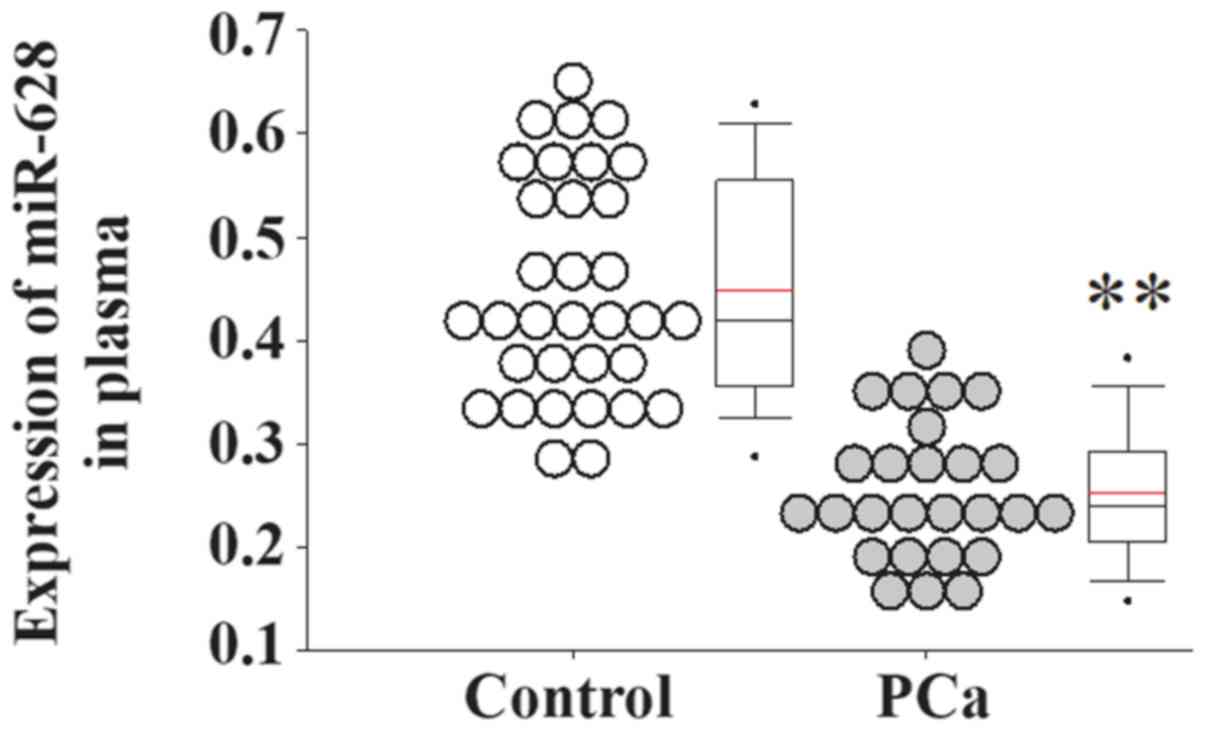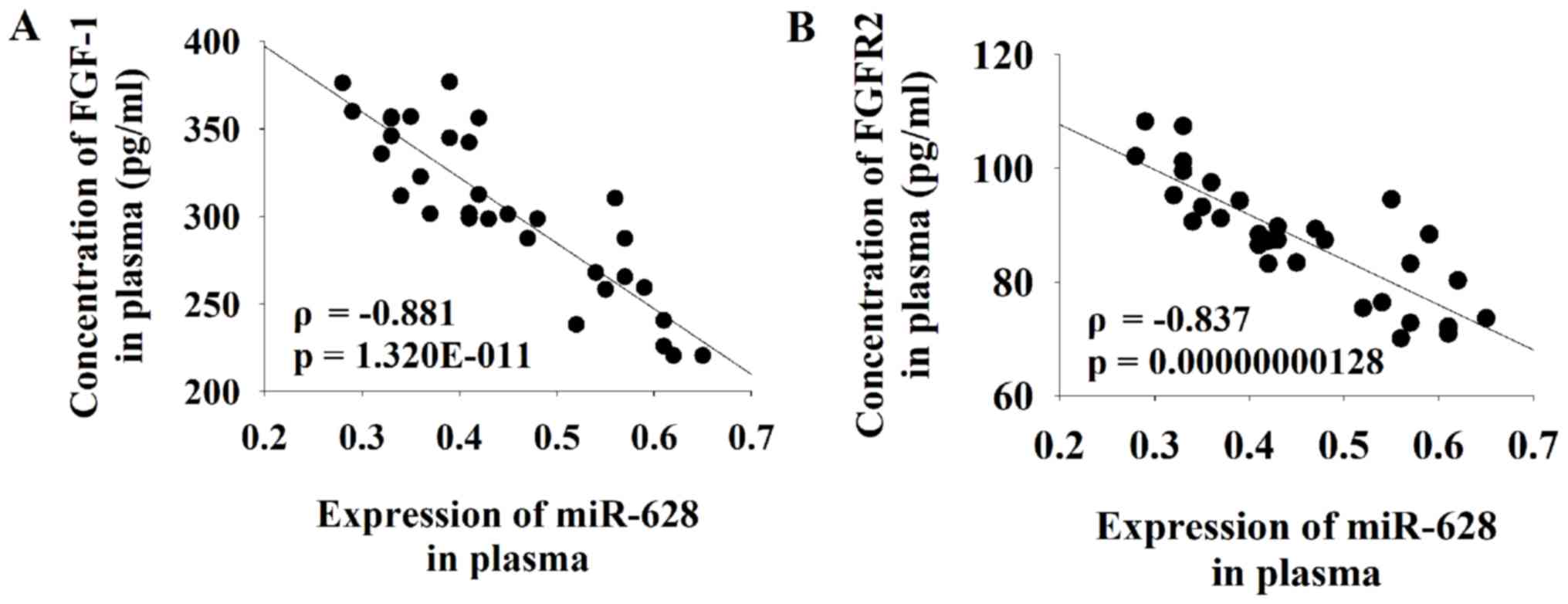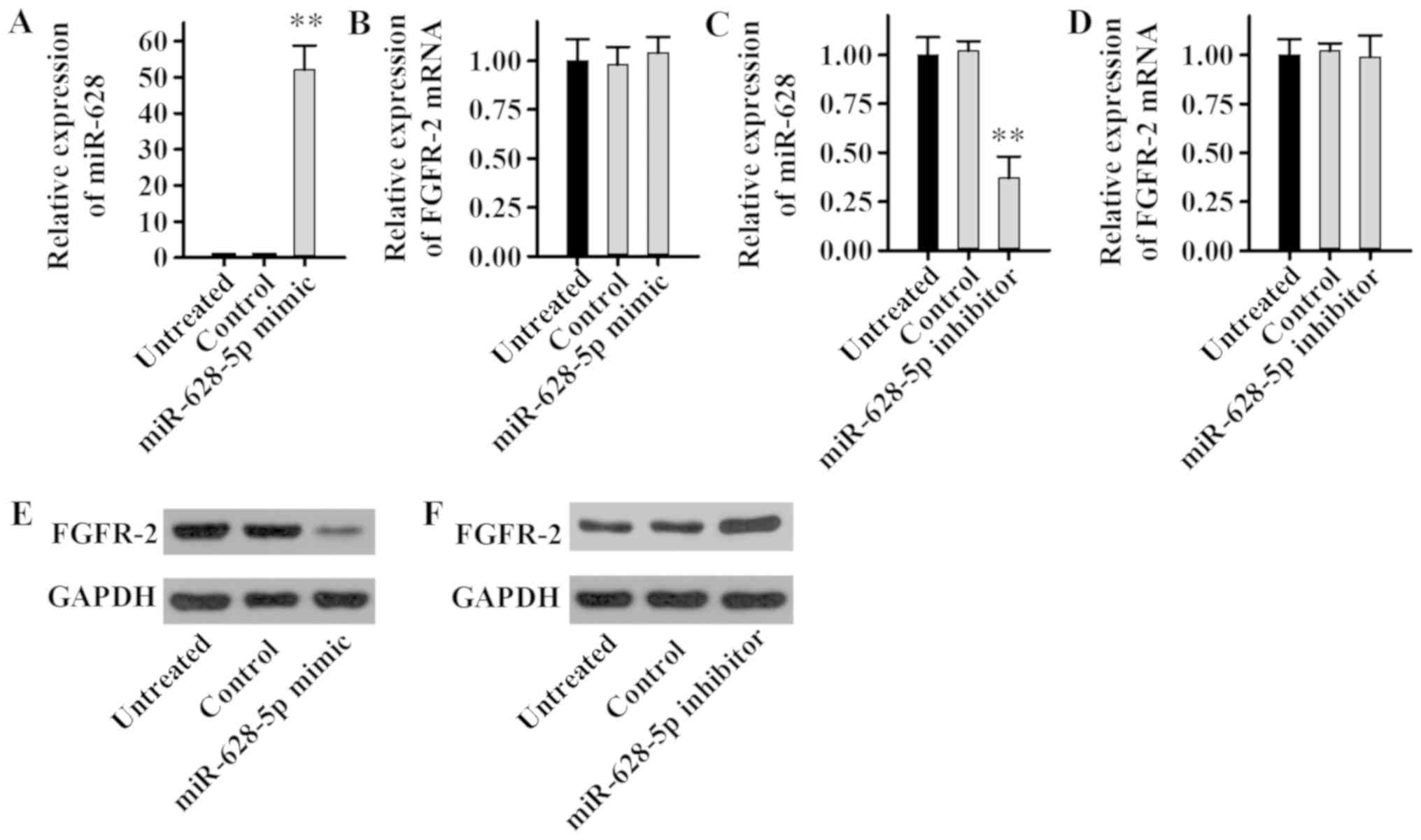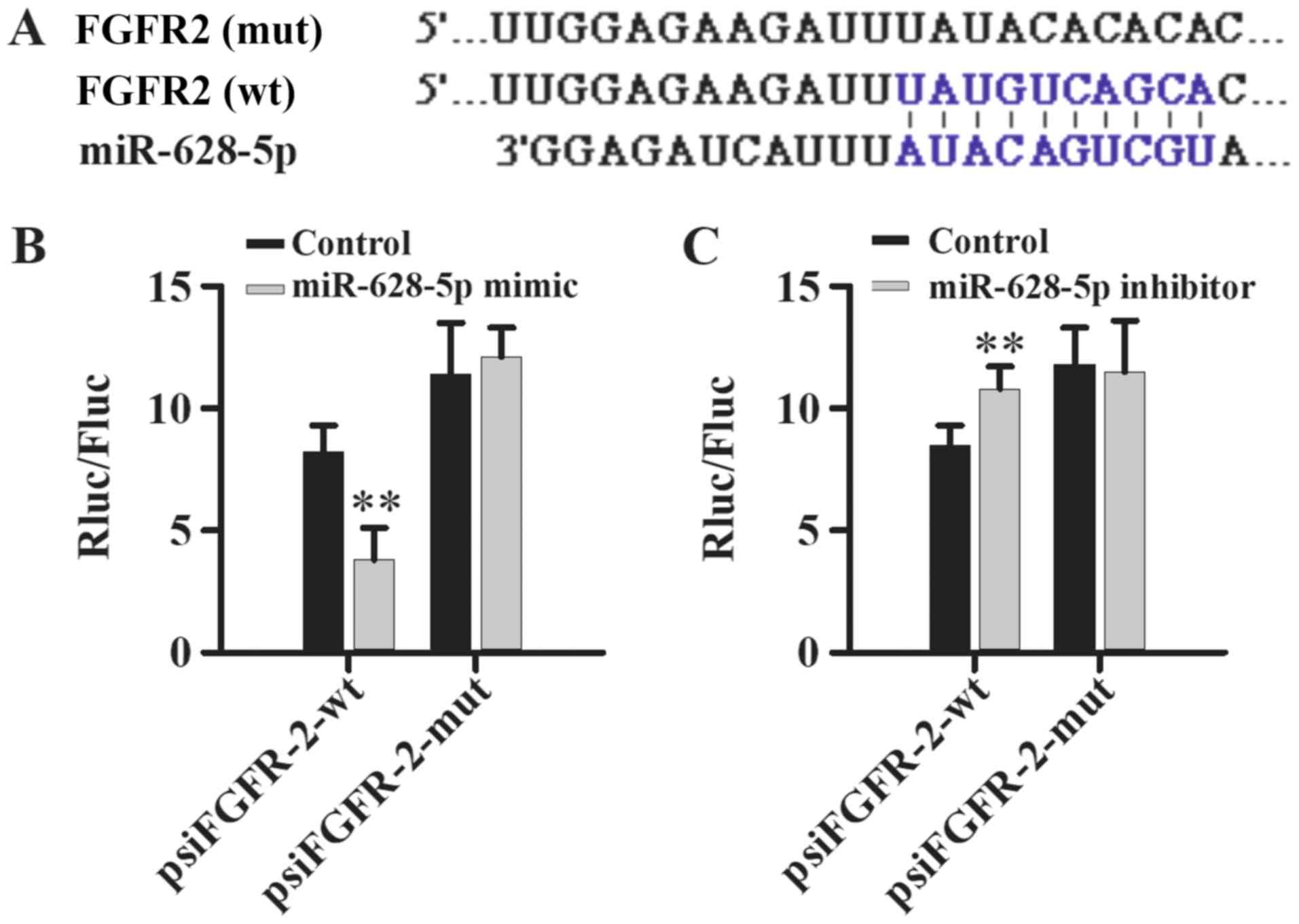|
1
|
Han HH, Park JW, Na JC, Chung BH, Kim CS
and Ko WJ: Epidemiology of prostate cancer in South Korea. Prostate
Int. 3:99–102. 2015. View Article : Google Scholar : PubMed/NCBI
|
|
2
|
Bashir MN: Epidemiology of prostate
cancer. Asian Pac J Cancer Prev. 16:5137–5141. 2015. View Article : Google Scholar : PubMed/NCBI
|
|
3
|
Ye D and Zhu Y: Epidemiology of prostate
cancer in China: An overview and clinical implication. Zhonghua Wai
Ke Za Zhi. 53:249–252. 2015.(In Chinese). PubMed/NCBI
|
|
4
|
Tao ZQ, Shi AM, Wang KX and Zhang WD:
Epidemiology of prostate cancer: Current status. Eur Rev Med
Pharmacol Sci. 19:805–812. 2015.PubMed/NCBI
|
|
5
|
Cooperberg MR and Chan JM: Epidemiology of
prostate cancer. World J Urol. 35:8492017. View Article : Google Scholar : PubMed/NCBI
|
|
6
|
Kimura T and Egawa S: Epidemiology of
prostate cancer in Asian countries. Int J Urol. 25:524–531. 2018.
View Article : Google Scholar : PubMed/NCBI
|
|
7
|
Tourinho-Barbosa RR, Pompeo AC and Glina
S: Prostate cancer in Brazil and Latin America: Epidemiology and
screening. Int Braz J Urol. 42:1081–1090. 2016. View Article : Google Scholar : PubMed/NCBI
|
|
8
|
Beltran H, Antonarakis ES, Morris MJ and
Attard G: Emerging molecular biomarkers in advanced prostate
cancer: Translation to the clinic. Am Soc Clin Oncol Educ Book.
35:131–141. 2016. View Article : Google Scholar : PubMed/NCBI
|
|
9
|
Chen W, Wang GM, Guo JM, Sun LA and Wang
H: NGF/γ-IFN inhibits androgen-independent prostate cancer and
reverses androgen receptor function through downregulation of FGFR2
and decrease in cancer stem cells. Stem Cells Dev. 21:3372–3380.
2012. View Article : Google Scholar : PubMed/NCBI
|
|
10
|
Adeola HA, Smith M, Kaestner L, Blackburn
JM and Zerbini LF: Novel potential serological prostate cancer
biomarkers using CT100+ cancer antigen microarray platform in a
multi-cultural South African cohort. Oncotarget. 7:13945–13964.
2016. View Article : Google Scholar : PubMed/NCBI
|
|
11
|
Li M, Qian Z, Ma X, Lin X, You Y, Li Y,
Chen T and Jiang H: MiR-628-5p decreases the tumorigenicity of
epithelial ovarian cancer cells by targeting at FGFR2. Biochem
Biophys Res Commun. 495:2085–2091. 2018. View Article : Google Scholar : PubMed/NCBI
|
|
12
|
Schwertfeger KL: Fibroblast growth factors
in development and cancer: Insights from the mammary and prostate
glands. Curr Drug Targets. 10:632–644. 2009. View Article : Google Scholar : PubMed/NCBI
|
|
13
|
Pernar CH, Ebot EM, Wilson KM and Mucci L:
The epidemiology of prostate cancer. Cold Spring Harb Perspect Med.
8(pii): a0303612018. View Article : Google Scholar : PubMed/NCBI
|
|
14
|
Srivastava A, Goldberger H, Dimtchev A,
Marian C, Soldin O, Li X, Collins SP, Suy S and Kumar D:
Circulatory miR-628-5p is downregulated in prostate cancer
patients. Tumour Biol. 35:4867–4873. 2014. View Article : Google Scholar : PubMed/NCBI
|
|
15
|
Livak KJ and Schmittgen TD: Analysis of
relative gene expression data using real-time quantitative PCR and
the 2(-Delta Delta C(T)) method. Methods. 25:402–408. 2001.
View Article : Google Scholar : PubMed/NCBI
|
|
16
|
Favreau AJ and Sathyanarayana P:
miR-590-5p, miR-219-5p: miR-15b and miR-628-5p are commonly
regulated by IL-3, GM-CSF and G-CSF in acute myeloid leukemia. Leuk
Res. 36:334–341. 2012. View Article : Google Scholar : PubMed/NCBI
|
|
17
|
Bryzgunova OE, Konoshenko MY and Laktionov
PP: MicroRNA-guided gene expression in prostate cancer: Literature
and database overview. J Gene Med. 20:e30162018. View Article : Google Scholar : PubMed/NCBI
|
|
18
|
Mirzaei H, Masoudifar A, Sahebkar A, Zare
N, Sadri Nahand J, Rashidi B, Mehrabian E, Mohammadi M, Mirzaei HR
and Jaafari MR: MicroRNA: A novel target of curcumin in cancer
therapy. J Cell Physiol. 233:3004–3015. 2018. View Article : Google Scholar : PubMed/NCBI
|
|
19
|
Jun H, Ying H, Daiwen C, Bing Y, Xiangbing
M, Ping Z, Jie Y, Zhiqing H and Junqiu L: miR-628, a microRNA that
is induced by Toll-like receptor stimulation, regulates porcine
innate immune responses. Sci Rep. 5:122262015. View Article : Google Scholar : PubMed/NCBI
|
|
20
|
Yu Y, Li X, Liu L, Chai J, Haijun Z, Chu
W, Yin H, Ma L, Duan H and Xiao M: miR-628Promotes burn-induced
skeletal muscle atrophy via targeting IRS1. Int J Biol Sci.
12:1213–1224. 2016. View Article : Google Scholar : PubMed/NCBI
|
|
21
|
Chen H, Ji X, She F, Gao Y and Tang P:
miR-628-3p regulates osteoblast differentiation by targeting RUNX2:
Possible role in atrophic non-union. Int J Mol Med. 39:279–286.
2017. View Article : Google Scholar : PubMed/NCBI
|
|
22
|
Rosini P, Bonaccorsi L, Baldi E,
Chiasserini C, Forti G, De Chiara G, Lucibello M, Mongiat M, Iozzo
RV, Garaci E, et al: Androgen receptor expression induces FGF2,
FGF-binding protein production and FGF2 release in prostate
carcinoma cells: Role of FGF2 in growth, survival and androgen
receptor down-modulation. Prostate. 53:310–321. 2002. View Article : Google Scholar : PubMed/NCBI
|
|
23
|
Giri D, Ropiquet F and Ittmann M:
Alterations in expression of basic fibroblast growth factor (FGF) 2
and its receptor FGFR-1 in human prostate cancer. Clin Cancer Res.
5:1063–1071. 1999.PubMed/NCBI
|
|
24
|
Ropiquet F, Huguenin S, Villette JM,
Ronflé V, Le Brun G, Maitland NJ, Cussenot O, Fiet J and Berthon P:
FGF7/KGF triggers cell transformation and invasion on immortalised
human prostatic epithelial PNT1A cells. Int J Cancer. 82:237–243.
1999. View Article : Google Scholar : PubMed/NCBI
|
|
25
|
Katoh Y and Katoh M: FGFR2-related
pathogenesis and FGFR2-targeted therapeutics (Review). Int J Mol
Med. 23:307–311. 2009. View Article : Google Scholar : PubMed/NCBI
|
|
26
|
Carstens RP, Eaton JV, Krigman HR, Walther
PJ and Garcia-Blanco MA: Alternative splicing of fibroblast growth
factor receptor 2 (FGF-R2) in human prostate cancer. Oncogene.
15:3059–3065. 1997. View Article : Google Scholar : PubMed/NCBI
|
|
27
|
Muh SJ, Hovhannisyan RH and Carstens RP: A
Non-sequence-specific double-stranded RNA structural element
regulates splicing of two mutually exclusive exons of fibroblast
growth factor receptor 2 (FGFR2). J Biol Chem. 277:50143–50154.
2002. View Article : Google Scholar : PubMed/NCBI
|
|
28
|
Naimi B, Latil A, Fournier G, Mangin P,
Cussenot O and Berthon P: Down-regulation of (IIIb) and (IIIc)
isoforms of fibroblast growth factor receptor 2 (FGFR2) is
associated with malignant progression in human prostate. Prostate.
52:245–252. 2002. View Article : Google Scholar : PubMed/NCBI
|
|
29
|
Catto JW, Alcaraz A, Bjartell AS, De Vere
White R, Evans CP, Fussel S, Hamdy FC, Kallioniemi O, Mengual L,
Schlomm T and Visakorpi T: MicroRNA in prostate, bladder, and
kidney cancer: A systematic review. Eur Urol. 59:671–681. 2011.
View Article : Google Scholar : PubMed/NCBI
|
|
30
|
Curtin CM, Castaño IM and O'Brien FJ:
Scaffold-based microRNA therapies in regenerative medicine and
cancer. Adv Healthc Mater. 7:2018. View Article : Google Scholar : PubMed/NCBI
|
|
31
|
Hosseinahli N, Aghapour M, Duijf PHG and
Baradaran B: Treating cancer with microRNA replacement therapy: A
literature review. J Cell Physiol. 233:5574–5588. 2018. View Article : Google Scholar : PubMed/NCBI
|
|
32
|
Weidle UH, Birzele F, Kollmorgen G and
Nopora A: Potential microRNA-related targets for therapeutic
intervention with ovarian cancer metastasis. Cancer Genomics
Proteomics. 15:1–15. 2018.PubMed/NCBI
|




















